On reading OUTLINE by Rachel Cusk, and thoughts on a new generation of scouring fiction
Monday, January 19, 2015
Chloe Aridjis, Jenny Offill, Samantha Harvey, Catherine Lacey, Rachel Cusk: Lately I've been reading authors like these, women unafraid of breaking form or muddying expectations, women writing sentences that scour. They are books in which the characters choose, in some way, to be alone—to isolate themselves inside their own thoughts, to sever themselves from social conventions, to tell stories that, without resort to war or torture, somehow carry knives.
This morning I finished reading Outline, Rachel Cusk's story of—well—what is it, exactly? It is the story of a writer who has gone to Greece for a week to teach; yes, it is that, at one level. But mostly it is about a woman who moves through the world under the assault of other people's stories. People who find themselves, in her presence, talking through the cyclone of their own lives, presenting themselves as they wish to be presented, asserting their right (right?) to be heard, smudging and aggrandizing, begging to be understood, until, ultimately, their stories devolve into self-circling harangues. The people our narrator meets, the people who natter on, hardly need to be encouraged. Given room to talk, they do, exhibiting, ultimately, that something selfish, stingy, mean of propulsive monologue. We have all been on the other side of such a thing. We understand. There is almost a comedy to it.
But Cusk is after far more than a set piece, a commentary on rampant self-absorption. Cusk ratchets the ambush of monologue to high tension in Outline. She makes, of these disconnected interludes, a story with an arc. She uses her scheme to explore essential questions about the lies we tell ourselves, the responsibilities we negate, the desire we have to blame other people for the unhappiness we feel or the success we have not had or the mess we have made of marriages or parenting. Her narrator is a woman who "did not, any longer, want to persuade anyone of anything." She is a woman rarely asked about herself, but when she does comment on the stories she is told, she brings an outsiderly wisdom, a pausing perhaps. We know the outlines of who she is (a writer, a divorcee), in other words, but far more important is how we come to know what she thinks.
Here, for example, she is responding to an insufferable woman's complaints about marriage:
Here the narrator muses on desire:
This morning I finished reading Outline, Rachel Cusk's story of—well—what is it, exactly? It is the story of a writer who has gone to Greece for a week to teach; yes, it is that, at one level. But mostly it is about a woman who moves through the world under the assault of other people's stories. People who find themselves, in her presence, talking through the cyclone of their own lives, presenting themselves as they wish to be presented, asserting their right (right?) to be heard, smudging and aggrandizing, begging to be understood, until, ultimately, their stories devolve into self-circling harangues. The people our narrator meets, the people who natter on, hardly need to be encouraged. Given room to talk, they do, exhibiting, ultimately, that something selfish, stingy, mean of propulsive monologue. We have all been on the other side of such a thing. We understand. There is almost a comedy to it.
But Cusk is after far more than a set piece, a commentary on rampant self-absorption. Cusk ratchets the ambush of monologue to high tension in Outline. She makes, of these disconnected interludes, a story with an arc. She uses her scheme to explore essential questions about the lies we tell ourselves, the responsibilities we negate, the desire we have to blame other people for the unhappiness we feel or the success we have not had or the mess we have made of marriages or parenting. Her narrator is a woman who "did not, any longer, want to persuade anyone of anything." She is a woman rarely asked about herself, but when she does comment on the stories she is told, she brings an outsiderly wisdom, a pausing perhaps. We know the outlines of who she is (a writer, a divorcee), in other words, but far more important is how we come to know what she thinks.
Here, for example, she is responding to an insufferable woman's complaints about marriage:
I replied that I wasn't sure it was possible, in marriage, to know what you actually were, or indeed to separate what you were from what you had become through the other person. I thought the whole idea of a 'real' self might be illusory: you might feel, in other words, as though there were some separate, autonomous self within you, but perhaps that self didn't actually exist. My mother once admitted, I said, that she used to be desperate for us to leave the house for school, but that once we'd gone she had no idea what to do with herself and wished that we would come back.
Here the narrator muses on desire:
I said that, on the contrary, I had come to believe more and more in the virtues of passivity, and of living a life as unmarked by self-will as possible. One could make almost anything happen, if one tried hard enough, but the trying—it seemed to me—was almost always a sign that one was crossing the currents, was forcing events in a direction they did not naturally want to go, and though you might argue that nothing could ever be accomplished without going against nature to some extent, the artificiality of that vision and its consequences had become—to put it bluntly—anathema to me. There was a great difference, I said, between the things I wanted and the things I could apparently have, and until I had finally and forever made my peace with that, I had decided to want nothing at all.A rosy world view this is not. Easy entertainment—it's not that, either. But it is fierce and different and part of a new world order in fiction written by women. A movement to which I think we must pay quite close attention.


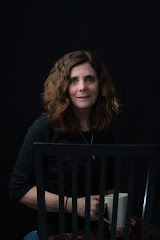

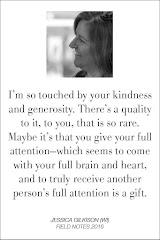

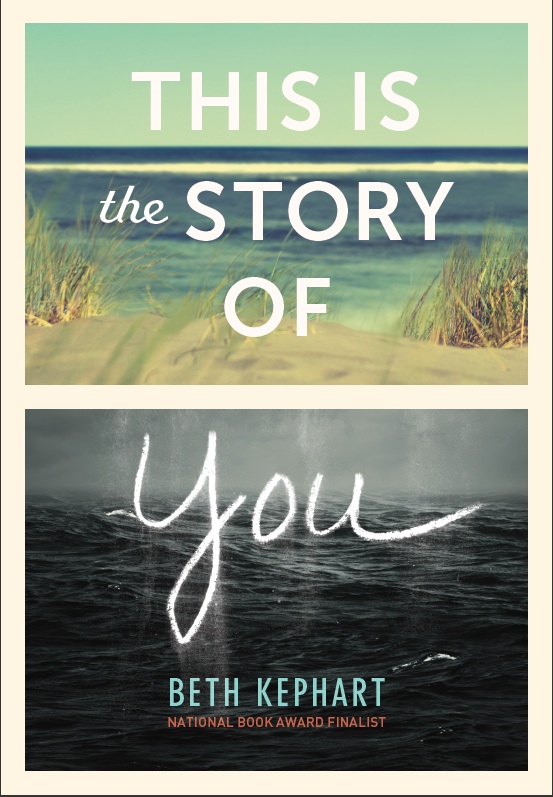

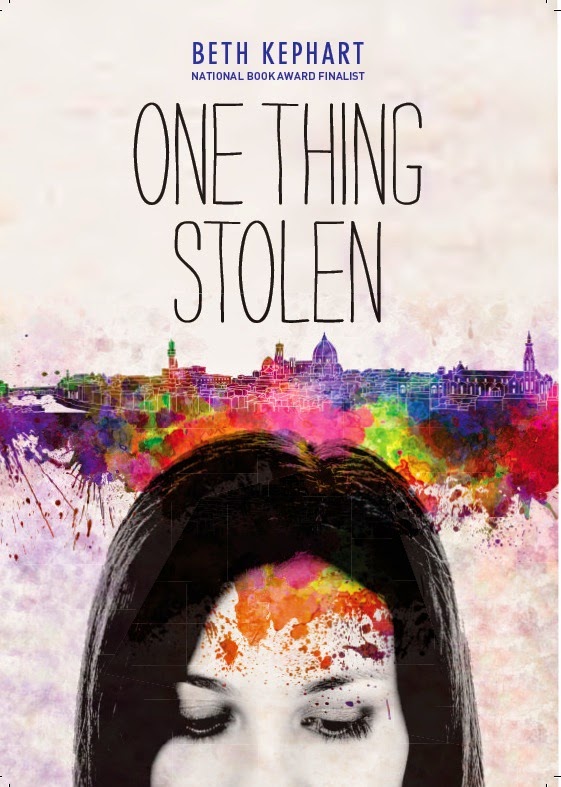
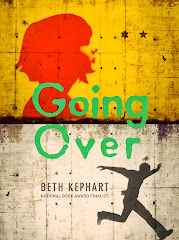


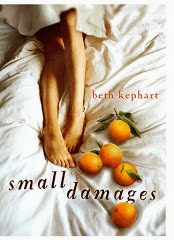




0 comments:
Post a Comment